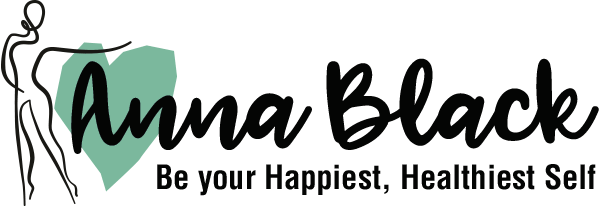Hormones are regulatory substances that are transported in tissue fluid and stimulate specific cells into action. Sometimes we can feel at the mercy of these hormones – I have often blamed my mood and how I feel on them and have done more than ever as I’ve moved into my mid 40s. However, whilst hormones affect everything, luckily many things affect our hormones and we can take some control. Below I outline our main sex hormones, what’s happening as we get older and some key lifestyle changes that research has found can make a difference to how we feel.
– Oestrogen. Made from cholestrol with 400 different functions, oestrogen affects amongst others our brain health, breast health, our bones, cardio vascular health,the liver & the uterus. There are 3 different types of oestrogen, but the main one, estradiol is produced in our child bearing years mainly in the ovaries. However, the adrenal glands, liver and even fat cells also produce oestrogen. Oestrogen is constantly in a state of flux throughout our lives and through our cycles affected by our age, where we are in our menstrual cycle as well as key interventions such as a hysterectomy. Clearly we cannot fight science and the level will decrease as we move towards our menopausal years with low levels of oestrogen sometimes resulting in hot flushes, night sweats, mood swings, mental fuzziness and headaches. However, lifestyle choices and the environment can also affect that level and it has also been shown that we cannot always just blame a low amount of oestrogen for our mood swings. Recent evidence has shown that an excess, relative to progesterone or even testosterone, can be to blame for symptoms from anxiety to migraines, insomnia to allergies even constipation, which is a key way to get rid of excess oestrogen.
– progesterone. Produced in the ovaries and made from cholestrol it balances out oestrogen and acts as a lawnmower to keep it in check . It relaxes smooth muscles and is calming, with deficiency resulting in anxiety, twitchy legs & heavy periods.
– testosterone. Often thought of as the male sex hormone it is important for womens health also. It is produced in the ovaries and adrenal glands and affects our libido, joy and energy levels as well as playing a role in bone health and muscle mass.
Ideally all three sex hormones work together and in a perfect balance alongside other hormones such as cortisol and T3/T4. However, as they are in a constant state of flux they can easily move out of balance especially as we head towards our mid 40s, a stage known as perimenopause and result in anxiety, mood swings, feeling overwhelmed, as well as affecting our bone health, heart health, breast health and other physiological affects. HRT can definitely be needed at certain times of a womans life but there are also some key lifestyle choices that have been shown to affect the balance of hormones that we can control ourselves.
– constipation and the digestive system. A key way of getting rid of excess oestrogen is through a healthy digestive system and regular bowel movements. If this is struggling, oestrogen can stay in the body and go round and round causing a relative excess. In fact, as mentioned above excess oestrogen can cause constipation as found by On et al in his study in 2013. So a healthy gut is essential to maintaining a good working digestive system which can be affected by variety of food, when we eat and what exercise we do. (see previous blog on plant varieties)
– the liver – the liver is the clearing house of the body and if it has to focus on dealing with other products such as alcohol or chemical products (found in anything from plastic bottles, to our skin care and shampoos), it has less time to focus on breaking down oestrogen, again which can result in an excess and an imbalance. So your choice of washing products, the amount you drink and even what bottle you drink from can tax your liver and have an effect on your hormones
– gut dysbiosis. The estrobolome is a collection of microbes capable of metabolising and breaking down oestrogen. When the gut is healthy it produces the right amount of enzymes to break down the oestrogen and oestrogen homeostasis (or balance) is achieved. However, when something upsets the gut, an excess of enzymes can result in too much or too little oestrogen, upsetting the hormone balance. Research has shown that variety of plant food (see previous blog), exercise, sleep and stress management can keep your gut in optimal order
– stress – when your body is under stress it produces cortisol and can stops producing sex hormones as evolution suggests cortisol, and the resulting physiological adaptations such as quick energy access, blood clotting & inflammation is more important to survival if you’re being chased by a lion than reproducing! So stress can cause a huge imbalance of hormones and a stress management system, be it exercise, breathing, meditation or simply food choices, is extremely important in keeping hormones in balance.
– testosterone – exercise and what exercise affects our level of testosterone. Endurance exercise can exhaust and stress out our body, whereas strength training has been shown to increase serum testosterone. Strength training is a no brainer for women, especially as we move into our 40s and beyond both for this and for protecting our muscle mass, bone health, and heart health (but that’s another blog)
It’s worth baring in mind that PMT can be a report on how well we are managing our hormone balance. So if, like I did, you feel your PMT is gradually getting worse it’s key to take control now with nutrition, exercise, stress management and sleep hygiene so that you feel your healthiest and happiest self!
NB if you’re feeling low or out of control please always see your GP
